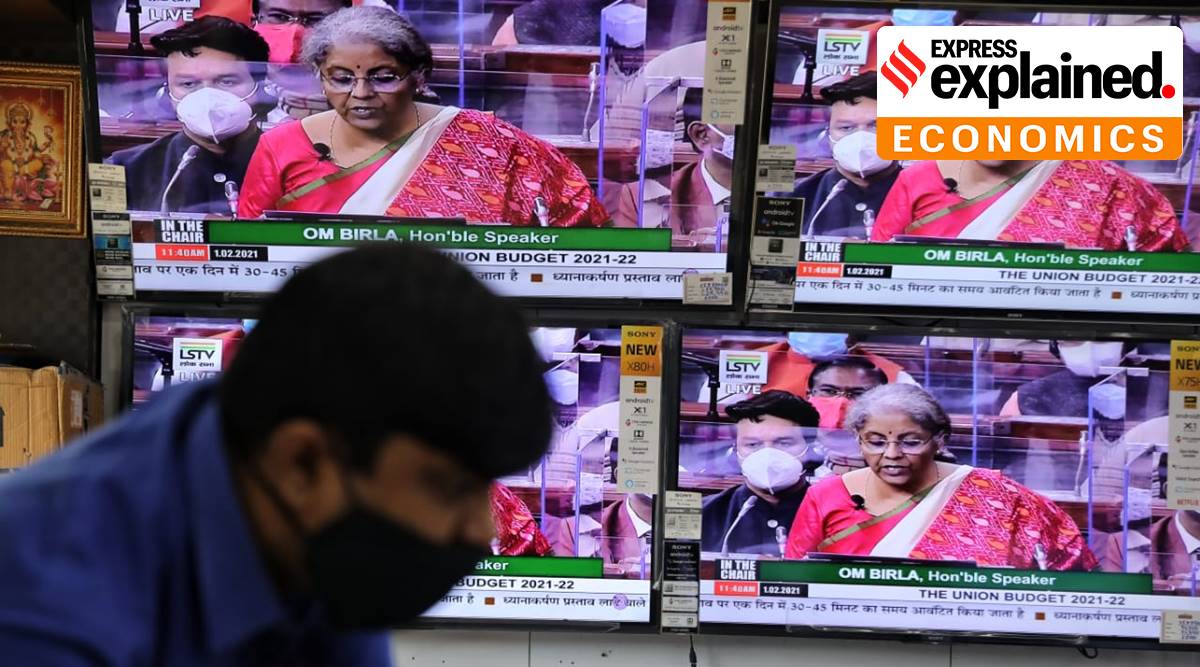Finance Minister Nirmala Sitharaman’s Budget is bold and offers not only a direction for growth but also a strong intent for reforms. Thankfully, it doesn’t have a spoiler.

2. A Reform Signal: Two public-sector banks and one state-owned general insurance company to be lined up for disinvestment. FDI in insurance to be hiked to 74% from 49% now. LIC IPO.
3. No Populism, But Focus on Growth: Despite being a tough year for the aam admi, the FM has avoided giving any income tax relief. No increase in standard deduction, no raise in the tax slabs.
4. Health Gets Its Due: In a year when the world was ravaged by the Covid-19 pandemic, FM gives health the attention it merited. Health allocation jumped 137% to Rs 2,23,846 crore in 2021-22 compared with Rs 94,452 crore in 2020-21. She provided Rs 35,000 crore for the Covid-19 vaccine, and promised to provide further funds, if required.
5. Bad Bank – A Good Idea: After dithering for almost six years, the government has finally decided to set up an asset reconstruction company that will take over the bad loans of banks, giving them flexibility to finance the economic recovery.
6. Development Finance Institutions (DFI) Reborn: The idea was dead with most earlier DFIs including IDBI and ICICI turning into banks. To provide debt to long gestation projects, a new DFI with a capital of Rs 20,000 crore. It will have statutory backing, but will be professionally managed. Lending portfolio of Rs 5 lakh crore within three years.
Story continues below this ad
7. Asset Monetisation – Will it Gather Pace: This is an ongoing exercise, where the government hasnt done much to inspire confidence. National Monetisation Pipeline of potential assets of NHAI, PGCIL, Railways, airports, warehouses, sports stadiums.
8. Eye on Elections – Not Unexpected: Four poll-bound states get major highway projects: Tamil Nadu (3,500 km – Rs 1.03 lakh crore), Kerala (1,100 km – Rs 65,000 crore), West Bengal (675 km – Rs 25,000 crore) and Assam (1,300 km – Rs 34,000 crore).
9. Strategic Disinvestment – Again, Needs Political/ Bureaucratic Push: NITI Aayog asked to short list non-core PSUs for strategic sale. After a poor show in 2020-21, the government has estimated disinvestment receipts at Rs 1,75,000 crore.
10. Growth Vs Prudence – Tilting Towards Growth: Fiscal deficit estimated at 6.8 per cent of GDP in 2021-22; it is estimated to touch 9.5% in 2020-21. It will be brought down to 4.5 per cent of GDP by 2025-26.








































